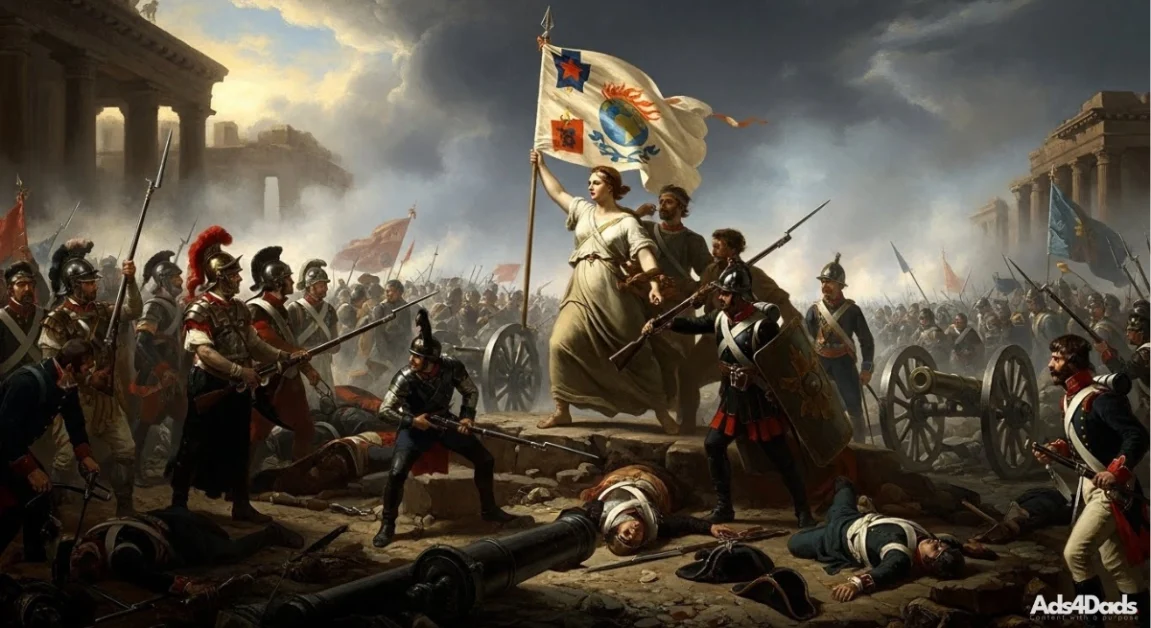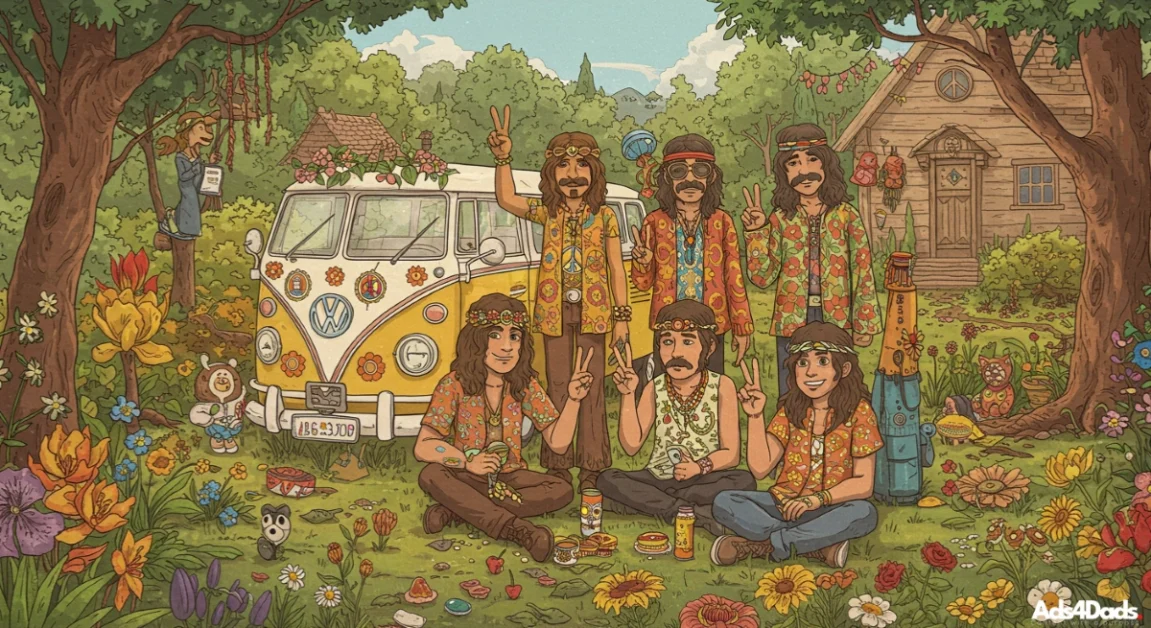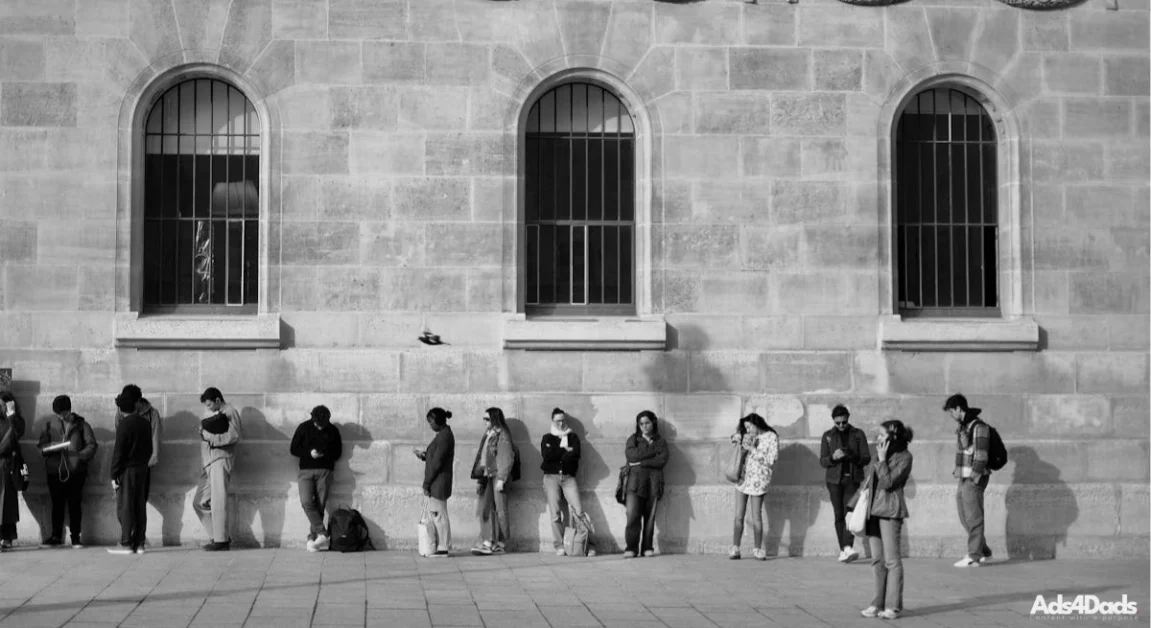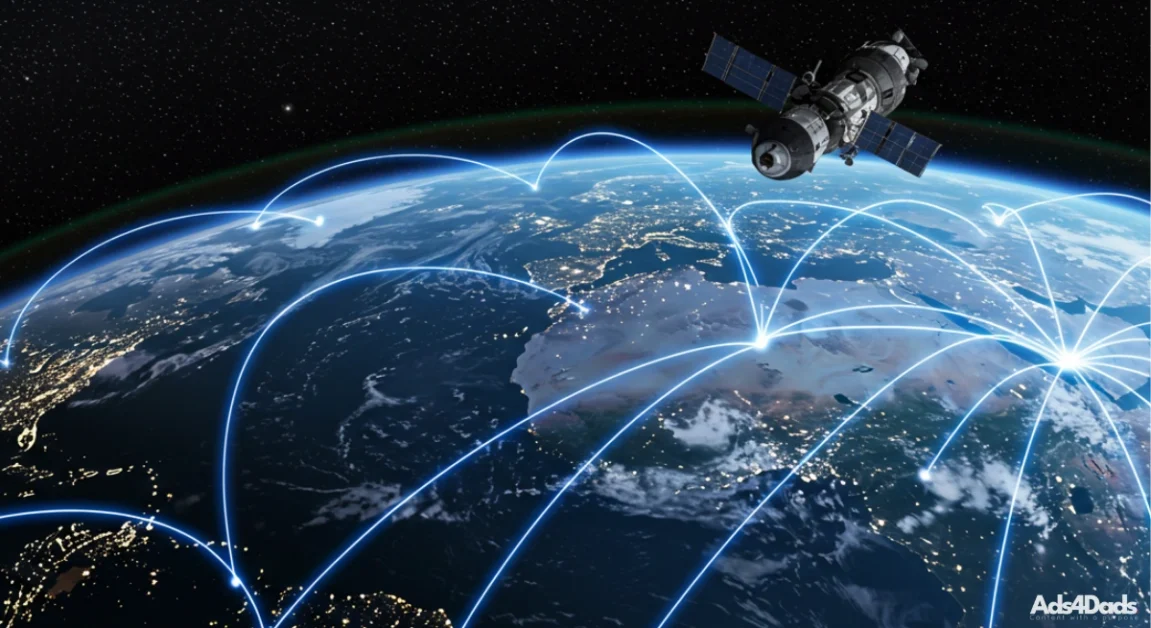Understanding why knowledge is important to humanity has been a deeply personal journey for me. For many years, I lived under the pressure of high expectations, most of them self-imposed. I was determined to appear wise, to live ethically, and to avoid being exposed for making poor choices. This pursuit of knowledge was born out of a history filled with mistakes, missed opportunities, and broken relationships.
The Consequences of Lacking Knowledge
Before I tried to “appear wise,” I was making decisions without a clear sense of direction. Without any strong role models to guide me, I navigated life on guesswork, knowing only what *not* to do and hoping to discover what I *should* be doing. My lack of knowledge created significant gaps that affected my social abilities, professional goals, and overall confidence.
A Life Lived Without Guidance
Much of my early adult life was shaped by these blind spots. I stumbled through relationships, misread situations, and often felt out of sync with the world around me. Although I was fortunate to enjoy some amazing opportunities, those moments were often overshadowed by emotional setbacks and the long-term consequences of my earlier ignorance.
The Turning Point: A Lifelong Lesson
Over the past decade, I’ve been working hard to close those gaps. This effort has been lonely at times, but I’ve learned I’m not alone. Many people find themselves in adulthood with similar stories: learning late what they wish they’d known earlier. And sadly, some never catch up. They retreat into depression, addiction, or unhealthy behavior, not realizing that knowledge could have changed their path.
Why Knowledge Is a Basic Human Need
Human beings crave love, connection, and purpose. But without the skills and awareness to pursue those things, we suffer. I’ve realized that some of life’s biggest problems are not just emotional or circumstantial, they stem from a simple lack of knowledge. Not knowing how to love, how to communicate, how to manage money, or how to make good decisions creates a ripple effect of pain.
The Value of Knowledge in Scripture
The Bible says, “My people are destroyed from a lack of knowledge” (Hosea 4:6). For a long time, I thought this meant spiritual destruction alone. But I now believe it includes the physical, emotional, and relational fallout from poor decisions made in ignorance. Relationships fail, reputations are damaged, and lives are derailed… all because we don’t know better!
A Personal Confession
I’ve hurt people, damaged my character, and created unnecessary pain in my life, all because I lacked maturity and wisdom. Pride blinded me. I wasn’t teachable. And I felt hopeless for a very long time. But looking back, I can clearly see how these failures were rooted in not knowing what I didn’t know.
The Power of Knowing the Truth
One of the most powerful moments in the Bible is when Jesus says, “Father, forgive them, for they don’t know what they are doing” (Luke 23:34). That simple line reminds me how deeply important knowledge is. If people had truly understood the weight of their actions, perhaps they would have acted differently. Knowledge offers the potential for clarity, compassion, and change.
And that is ultimately why knowledge is important to humanity, because it salvages what might otherwise be lost.
Conclusion
Knowledge isn’t just about intelligence, it’s about survival, restoration, and growth. Without it, we repeat cycles of pain. With it, we begin to heal, grow, and connect. And that’s a journey worth pursuing for every human being.
If this message resonates with you, consider exploring our post on How to Live Unoffendable.
FAQs
Knowledge helps us make wise decisions, build healthy relationships, and avoid painful mistakes. It lays the foundation for growth, success, and personal fulfillment.
In Hosea 4:6, the Bible states, “My people are destroyed from a lack of knowledge.” This emphasizes that both spiritual and practical ignorance can lead to destruction.
Yes. When we don’t know how to manage emotions, finances, relationships, or responsibilities, it limits our ability to thrive and often leads to long-term consequences.
By being humble, teachable, and willing to learn from others. Reading, mentoring, self-reflection, and spiritual growth are all valuable tools in the pursuit of knowledge.
No. Regardless of your past, you can always begin learning and improving your life through knowledge and faith.












